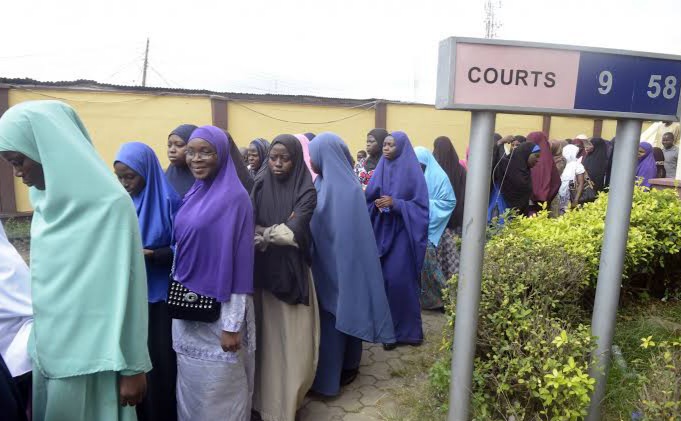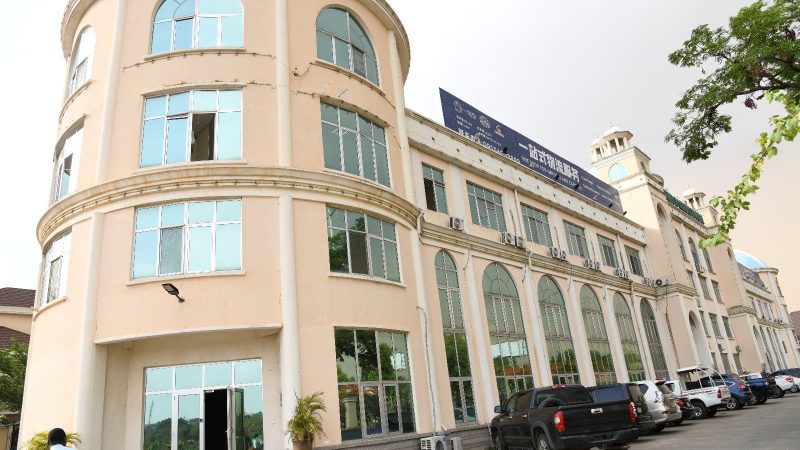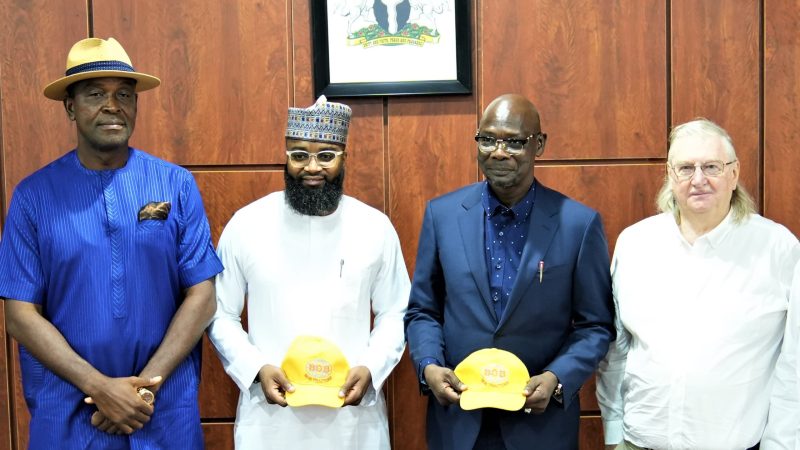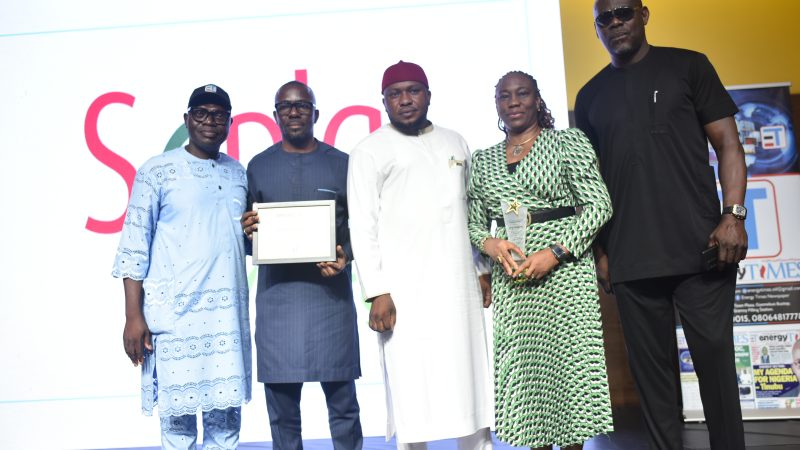Nigeria’s highest judicial court, the Supreme Court, has granted the use of hijab by female Muslim students in public schools in Lagos State.
The Supreme Court delivered the ruling upholding the use of hijab by Muslim students on Friday in Abuja.
The court dismissed an appeal by the Lagos State Government and upheld the earlier judgment of the Court of Appeal which held that the ban on hijab was discriminatory against Muslim students in the state.
Justices on the panel were Justice Olukayode Ariwoola, Justice Kudirat Kekere-Ekun, Justice John Inyang Okoro, Justice Uwani Aji, Justice Mohammed Garba, Justice Tijjani Abubakar, and Justice Emmanuel Agim.
Wild jubilation greeted the verdict with the Amir (President) of the Muslim Students’ Society of Nigeria, Lagos State Area Unit, Miftahudeen Thanni, and other members of the organisation.
The court upheld that the ban violated the Muslim students’ rights to freedom of thought, conscience, religion, the dignity of human persons and freedom from discrimination guaranteed by the 1999 Constitution.
The Lagos State Government had banned the use of the hijab, arguing that it was not part of the approved school uniform for pupils.
Following the ban, the students filed the suit on May 27, 2015, seeking redress and asked the court to declare the ban as a violation of their rights to freedom of thought, religion and education.






